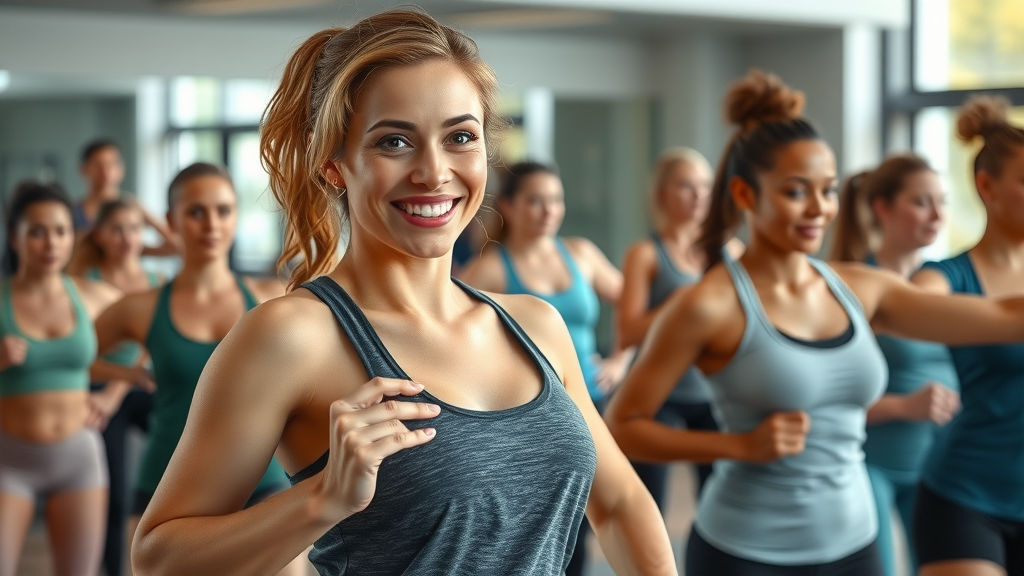
Introduction: The Importance of Women's Fitness Expert Advice
Understanding the Unique Needs of Women in Fitness
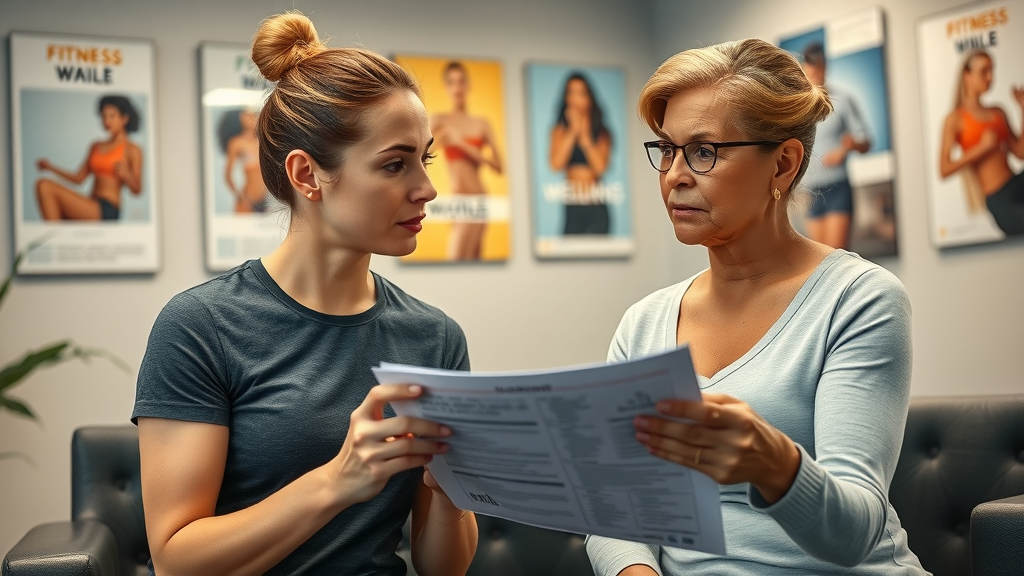
Women's fitness expert advice plays a crucial role in addressing the distinct physiological and emotional needs women face throughout their lives. Unlike generic fitness programs, expert-led initiatives tailor workouts to women's bodies, considering hormonal changes, mobility challenges, and lifestyle demands. In this context, women require programs that embrace strength, flexibility, and cardiovascular health adapted to different life phases — from young adulthood to menopause and beyond.
Fitness expert Sentha Bender, of Jazzercise, emphasizes the importance of crafting personalized fitness journeys: "We recognize that each woman's goal differs—whether it's lifting groceries, playing with grandchildren, or improving overall endurance. The key is to respect those individual goals while fostering holistic health improvements." This tailored approach empowers women to engage comfortably and confidently in exercise regimes that honor their unique experiences.
Creating a Supportive and Judgment-Free Fitness Environment

A core element of effective women's fitness expert advice is cultivating an environment free from judgment and pressure. Sentha Bender highlights how vital this is for sustained participation: "We've created spaces where women feel safe to move at their own pace without comparison or criticism. This encourages them to focus on how exercise makes them feel, rather than how they look." Such inclusive atmospheres foster camaraderie and motivation, key drivers in long-term adherence to healthy habits.
The supportive environment also combats the often intimidating fitness culture that can deter many women, especially those beginning or rejoining exercise after life transitions. By encouraging open communication, empathy, and tailored support, instructors help women embrace fitness as a lifelong journey filled with personal milestones rather than rigid standards.
The Journey of a Women's Fitness Expert: From Participant to Instructor
How Passion and Community Shape Women's Fitness Programs
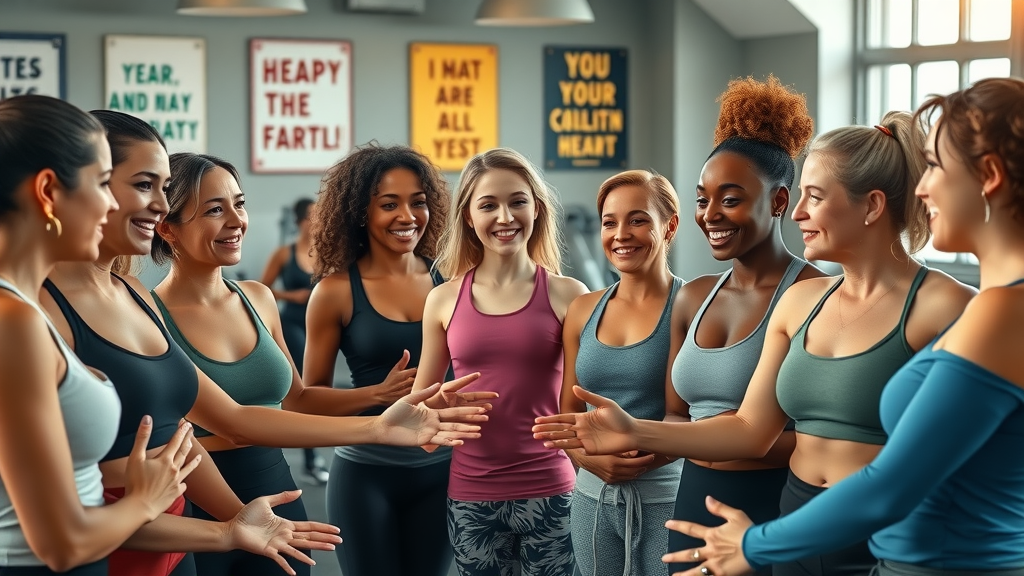
The lived experience of women's fitness experts deeply influences the design and delivery of empowering fitness classes. Sentha Bender started at age 17 as a participant, drawn by the community and movement, later becoming an instructor herself after years of passion and commitment. Her journey reflects how engagement and personal growth evolve hand in hand in women's fitness culture.
"The community is everything," Bender states. "It’s not just about working out; it's about connecting, sharing stories, and encouraging each other. This bond transforms the experience, making fitness a joyful celebration rather than a chore." This community-centric approach shapes programs that are not only effective in physical terms but rich in social support — essential for women navigating different life stages.
Expert Quote: The Role of Community in Women's Fitness — Insights from the Instructor
"Our community creates a nurturing space where women feel empowered to embrace their strength and progress on their terms. This support is the backbone of sustainable health and wellness." – Sentha Bender, Jazzercise
Designing Fitness Classes That Cater to All Ages and Abilities
Incorporating Strength Training and Functional Fitness
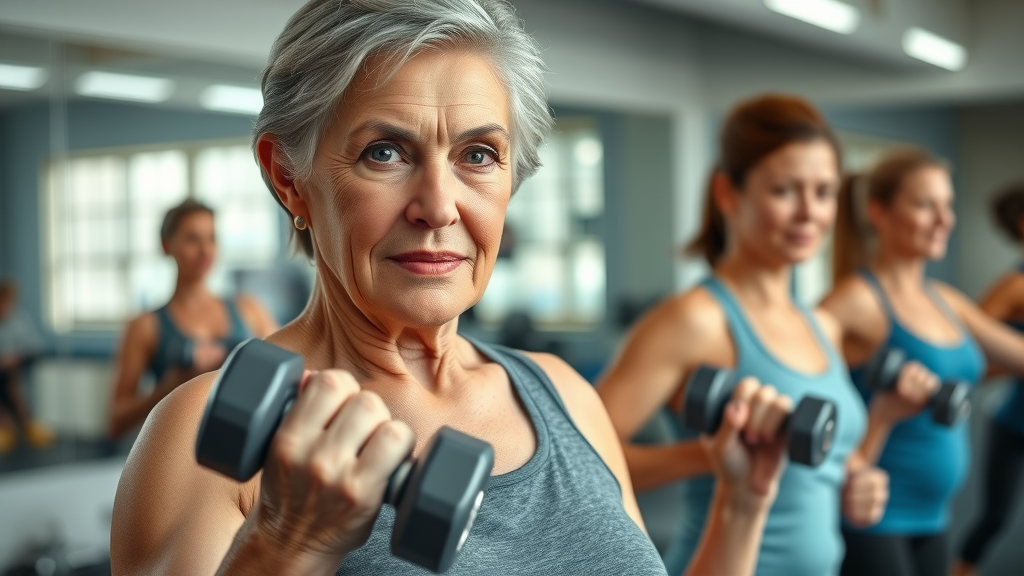
One hallmark of effective women's fitness expert advice is emphasizing strength training tailored to all ages. Strength and functional fitness improve daily living capabilities, prevent injury, and promote independence, especially in midlife and older adulthood.
Classes incorporate light resistance training, emphasizing safe progression and functional movement patterns. Sentha Bender integrates these elements seamlessly: "Our strength training isn’t about maximal lifting but about meaningful strength–being able to carry grandchildren, perform household duties, and maintain mobility. We encourage standing and floor-based movements that strengthen core muscles and joints." This adaptive training supports longevity and quality of life, reinforcing why strength is prioritized over mere appearance or weight loss.
Adapting Workouts for Mobility, Flexibility, and Menopause
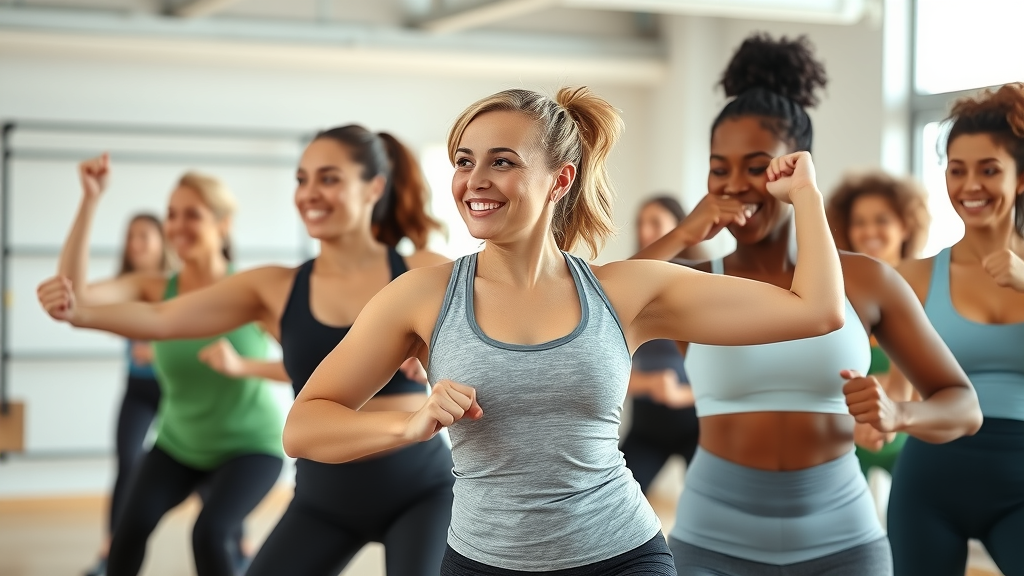
Flexibility and mobility considerations are critical when designing classes that respond to women’s changing bodies, particularly during and after menopause. Women's fitness expert advice incorporates gentle stretching, balance work, and low-impact cardio to maintain joint health and cardiovascular endurance.
Bender’s favorite class format targets these needs by integrating "up-down" movements—combining standing exercises with floor work to promote hip mobility, upper body strength, and cardiovascular bursts that are sustainable for a range of abilities. This approach respects individual limitations while challenging participants appropriately, ensuring that everyone—from younger adults to seniors—can engage meaningfully and safely.
Personalizing Fitness Goals: Emphasizing Strength and Mobility Over Numbers
Encouraging Self-Paced Workouts and Individual Progress

Women's fitness expert advice strongly encourages viewing fitness as a personal progress journey rather than a competition or scale-driven endeavor. Sentha Bender advises, "We want women to focus on movement quality and functionality rather than just weight. Progress means better mobility, increased strength, and more confidence in daily activities."
Self-paced programs empower women to listen to their bodies and set realistic benchmarks. This mindset shift reduces frustration and supports sustainable habits, making fitness a positive and motivating experience.
Expert Quote: Measuring Success Beyond the Scale — Advice from the Women's Fitness Expert
"Our progress isn’t measured by the scale but by how much more we can do—lifting grandchildren, walking without pain, feeling energized. That’s the true success in fitness." – Sentha Bender, Jazzercise
Overcoming Common Challenges in Women's Fitness Programs
Providing Options for Injuries and Physical Limitations
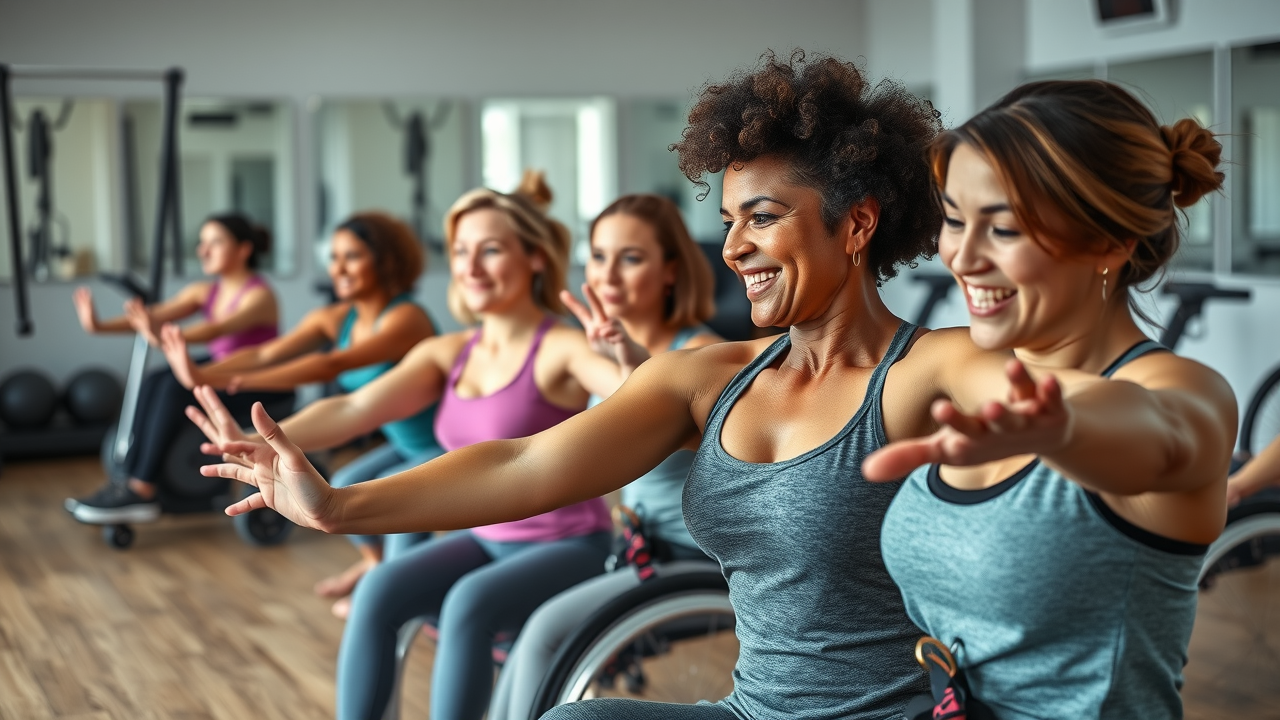
Safety and accessibility remain at the forefront of women's fitness expert advice. Programs are designed with multiple modification options to accommodate injuries, surgeries, or chronic conditions. Bender notes, "We always offer low-impact variations and observe each participant carefully, quickly pivoting exercises to keep everyone safe and included."
Whether addressing knee replacements, joint pain, or limited mobility, instructors are trained to provide supportive adaptations such as seated exercises, resistance bands, or slower pace options. This inclusive strategy ensures no woman feels excluded due to physical limitations while still benefiting from strength and cardio training essential for overall health.
Fostering a Fun and Inclusive Atmosphere
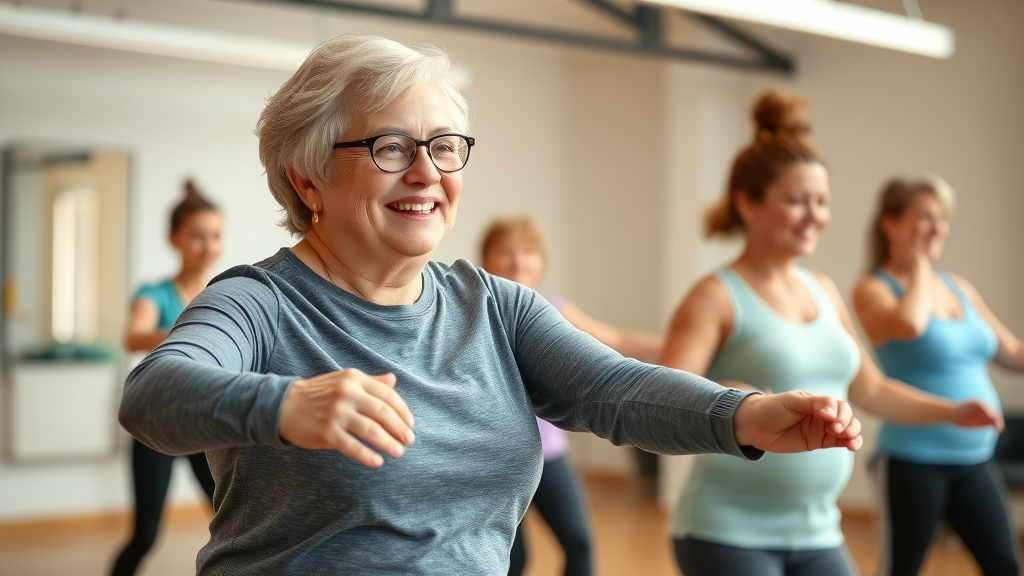
Enjoyment and social connection are pillars of sustained engagement in fitness for women of all ages. Skin-deep results fade, but positive experiences foster lifelong healthier lifestyles. Bender shares, "We encourage laughter, music, and supportive interactions. Our classes are places to celebrate movement, not just endure it."
An atmosphere where women feel valued and part of a community inspires continued participation and improved mental well-being, proving that fitness success integrates both physical and emotional dimensions.
What You'll Learn: Key Takeaways from Women's Fitness Expert Advice
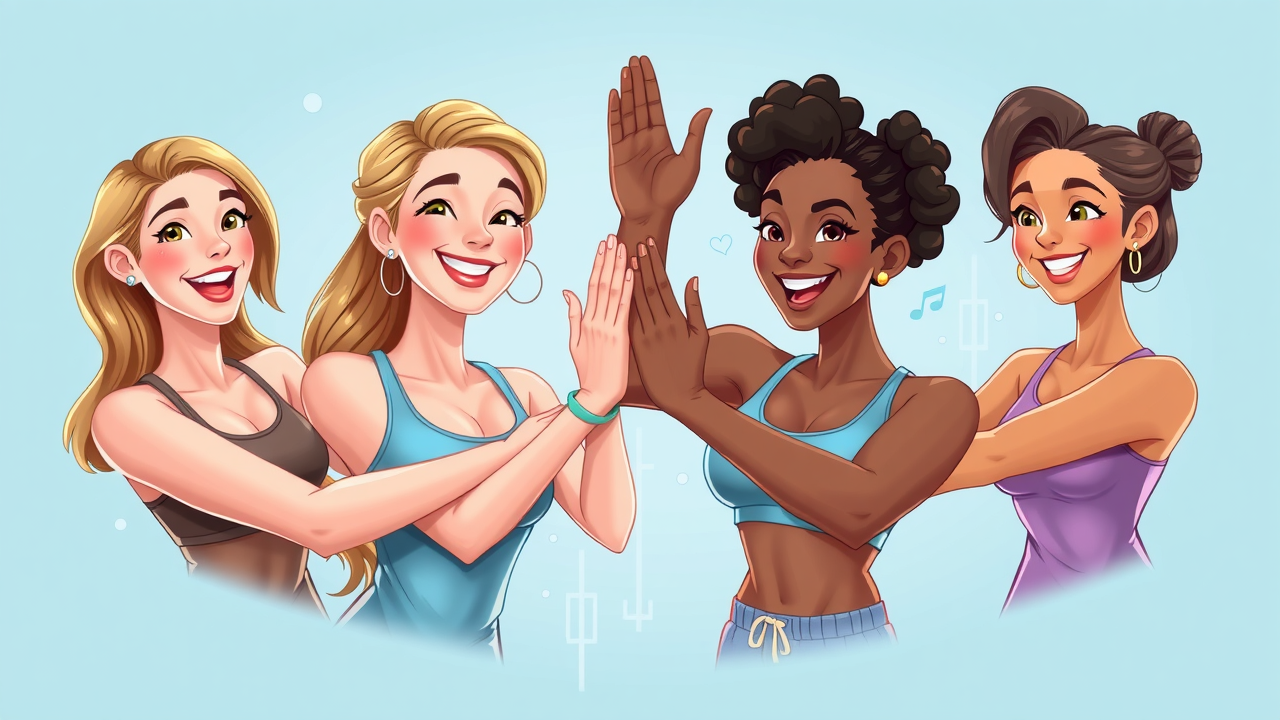
-
The significance of creating a non-judgmental fitness space for women
-
How to tailor fitness classes to accommodate different ages and physical abilities
-
The importance of strength and functional fitness for long-term health
-
Strategies for measuring progress through mobility and strength rather than weight
-
Tips for making fitness enjoyable and sustainable
Frequently Asked Questions About Women's Fitness Expert Advice
-
What are the best types of exercises for women at different life stages?
Strength training, functional fitness, and cardio adapted to individual needs are optimal. Younger women may focus on endurance and strength, while older women benefit from mobility, flexibility, and low-impact routines. -
Why is strength training important for aging women?
It aids in maintaining muscle mass, bone density, mobility, and independence, reducing the risk of falls and chronic illnesses. -
How can I stay motivated in a fitness program?
Finding a supportive, judgment-free community and setting personal, functional goals rather than focusing only on weight or appearance helps sustain motivation. -
What should I focus on to measure my fitness progress effectively?
Track improvements in mobility, strength, endurance, and daily functional abilities instead of relying solely on scales or numbers.
Conclusion: Empowering Women Through Expert-Designed Fitness Classes
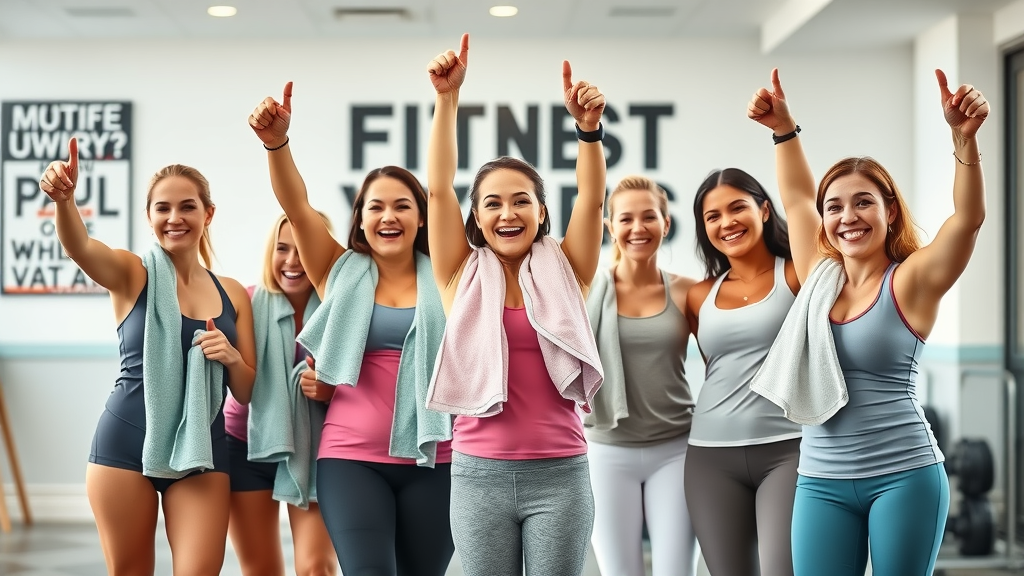
Final Thoughts and Encouragement from the Women's Fitness Expert
"Our goal is to create a space where women feel comfortable to move at their own pace and celebrate their strength, no matter their age or ability," says the women's fitness expert. "It's about empowering women to live healthier, more active lives with confidence." – Sentha Bender, Jazzercise
Incorporating women's fitness expert advice into tailored, inclusive programs cultivates not only physical health but emotional resilience and community support. Through personalized fitness journeys, adaptive exercises, and a welcoming atmosphere, women at every stage of life can thrive, celebrating their unique strength and vitality.
 Add Row
Add Row  Add
Add 



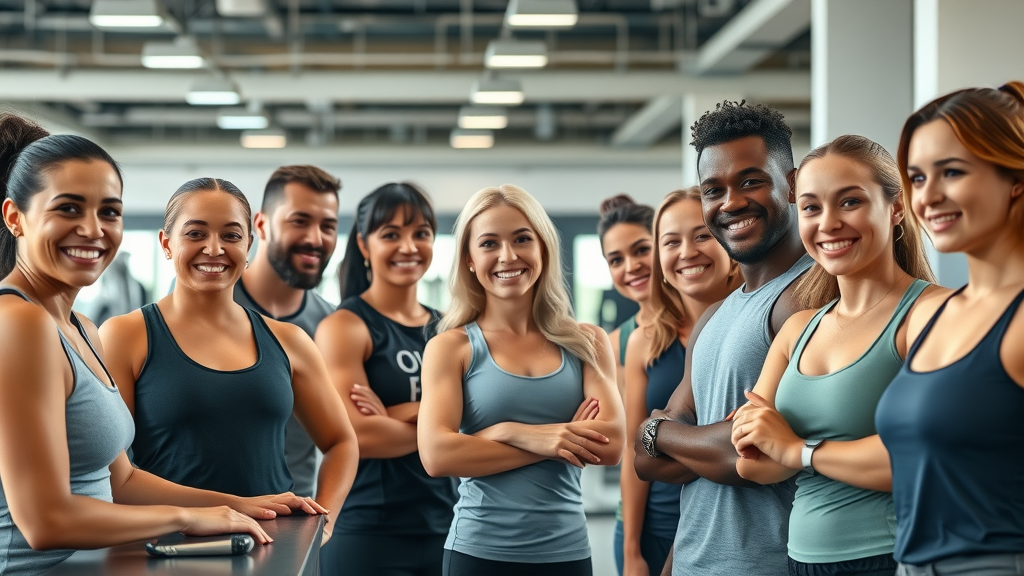
Write A Comment